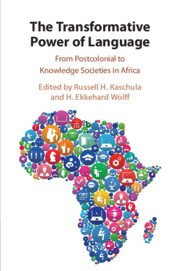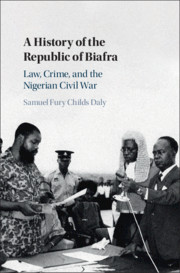More than five decades after independence, Africa still struggles with the legacies of colonial partition. On the territorial frontiers between the postcolonial inheritors of the two major colonial powers, Great Britain and France, the continuing impact of European colonialism remains most acute. On the one hand, the splitting of erstwhile homogeneous ethnic groups into British and French camps gave rise to new national identities; on the other hand, it circumvented any possibility of sovereignty via ethnic solidarity. To date, however, there has been no comprehensive assessment of the ethnic groups that were divided between English- and French-speaking states in West Africa, let alone the African continent writ large. This article joins postcolonial ethnography to the emerging field of comparative borderland studies. It argues that, although norms of state-based identity have been internalized in the Anglophone–Francophone borderlands, indigenous bases of association and behavior continue to define life along the West African frontier in ways that undermine state sovereignty. Although social scientists tend to focus on national- and sub-national-level analyses, and increasingly on the effects of globalization on institutional change, study of the African borderlands highlights the continuing importance of colonial legacies and grassroots-derived research.



